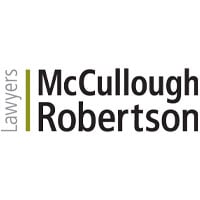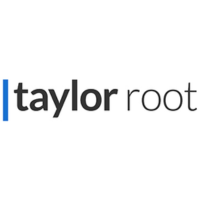

General counsel and company secretary | Aurora Healthcare




Anthony Marshall
General counsel and company secretary | Aurora Healthcare
What has been the number one challenge that has impacted you over the past year?
Although the lingering impacts of Covid-19 continues to challenge our legal department (and our hospital businesses generally), perhaps the biggest challenge over the last 12 months has been the impact arising from an increasingly competitive human resources market (retaining and obtaining talent) and increasing diversification of the legal department’s role within our business as inflationary pressures continue to impact on pre-Covid margins. General counsel in particular have, over the past 10 years, seen an ever-increasing demand on skill diversification and the need to contribute more to executive functions around business strategy and risk mitigation (including cyber security risks) and this trend has certainly continued over the past 12 months as businesses attempt to adjust.
Looking forward, what technological advancements do you feel will impact the role of in-house legal teams in the future the most?
Naturally, the focus of discussions regarding technological advancements and innovation in the law within the health sector has and continues to be around the impact of artificial intelligence (AI). It is an exciting but nonetheless challenging area, particularly in health care services, as we grapple with concepts around accountability and liability in the delivery of certain health care services that will most likely be impacted by AI. Medical innovations around robotics as well as machine learning algorithms to support diagnostic and prognostic health services will be ‘game changers’ but are already giving rise to many questions regarding the adequacy of the legal system to support such change. In-house legal teams are having to consider challenging scenarios around the use of AI within their organisation from a risk and an insurance perspective, including product and professional liability, and I suspect these challenges will intensify as the pace of advancements in AI continues exponentially increase.
What would you say are the unique qualities required to be successful as an in-house lawyer in your industry?
As noted above, the role of in-house lawyers has and continues to change and expand as organisations look to, not only rely more and more on in-house legal teams to provide legal services, develop internal legal IP, and reduce outsourcing costs, but senior in-house lawyers are also being asked to provide more input into executive business strategy. In addition to the strain that this is placing on in-house legal resources (which are typically under resourced compared the structured and resource driven environment of external law firms), it is placing senior in-house lawyers (and in particular general counsel) in positions of increasing conflict between their ethical and fiduciary obligations as lawyers and their role as a member of the company’s executive team and (often) company secretary. The courts have made it clear that the in-house lawyer cannot wear two hats but rather they must assume their responsibilities as a “composite whole.”
With the above in mind, the ongoing challenge to add value and be seen as a successful in-house lawyer in the health care sector will necessitate a diligent and disciplined approach to ensuring that first and foremost they continue to add value to the organisation around risk management and delivery of legal services while traversing the fine line between ethical and fiduciary duties and the need to add additional value as a member of the organisations c-suite.